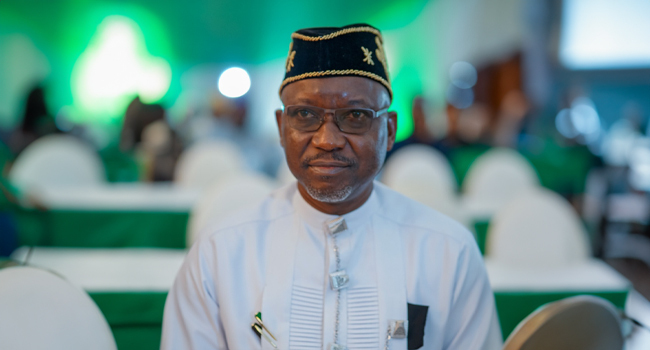The Minister of State for Petroleum Resources (Gas), Ekperikpe Ekpo, announced on Tuesday that the Federal Government is implementing measures to significantly reduce the cost of Liquefied Petroleum Gas (LPG), commonly known as cooking gas.
During a stakeholders’ consultative meeting in Abuja attended by international and indigenous oil companies, major and independent oil marketers, LPG dealers, regulators, and other key players, Ekpo disclosed the government’s focus on three priority areas to ensure sustainable development in the country’s gas sector.
Among these priorities is the implementation of measures aimed at reducing the price of cooking gas significantly, Ekpo stated. He emphasized the importance of collaborative efforts to unlock more resources for various sectors reliant on gas and to prioritize the domestication and penetration of LPG.
The cost of cooking gas in Nigeria has been steadily rising due to factors such as global energy price fluctuations and local supply chain challenges. Currently, the price of a regular 12.5kg gas cylinder ranges between N12,500 and N13,500, a significant increase from previous months when it was less than N8,000.
The rising cost of cooking gas has prompted many Nigerians to explore alternative cooking fuels like charcoal and firewood. In response, the government is implementing initiatives such as the Gas Supply Stabilization Fund to improve gas affordability and stabilize the market.
Ekpo reiterated the government’s commitment to completing major gas midstream infrastructure and projects to enhance the efficiency and capacity of the gas sector. He described Nigeria as one of the leading gas-rich countries globally but stressed the need to unlock its full potential.
However, despite these efforts, gas producers have voiced concerns over the mounting debt owed to them. Osagie Okunbor, the Managing Director of Shell Petroleum Development Company of Nigeria, representing the Oil Producers Trade Section, revealed that gas producers are currently owed $1.3 billion.
Okunbor emphasized that the unpaid debt is hindering investments in the sector and urged for measures to address this issue. He underscored the importance of ensuring that gas pricing is bankable and reflective of production costs to incentivize investments in the sector.
Gas debts owed to producers have long been a challenge in Nigeria, affecting investments and the overall growth of the gas sector. The launch of the Gas Supply Stabilization Fund in July 2022 was seen as a positive step towards addressing this issue by ensuring timely payments for gas supplied to the power sector.












